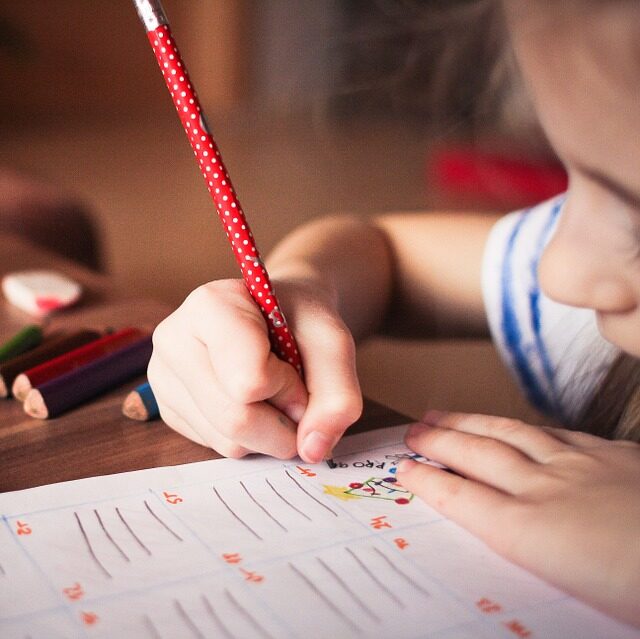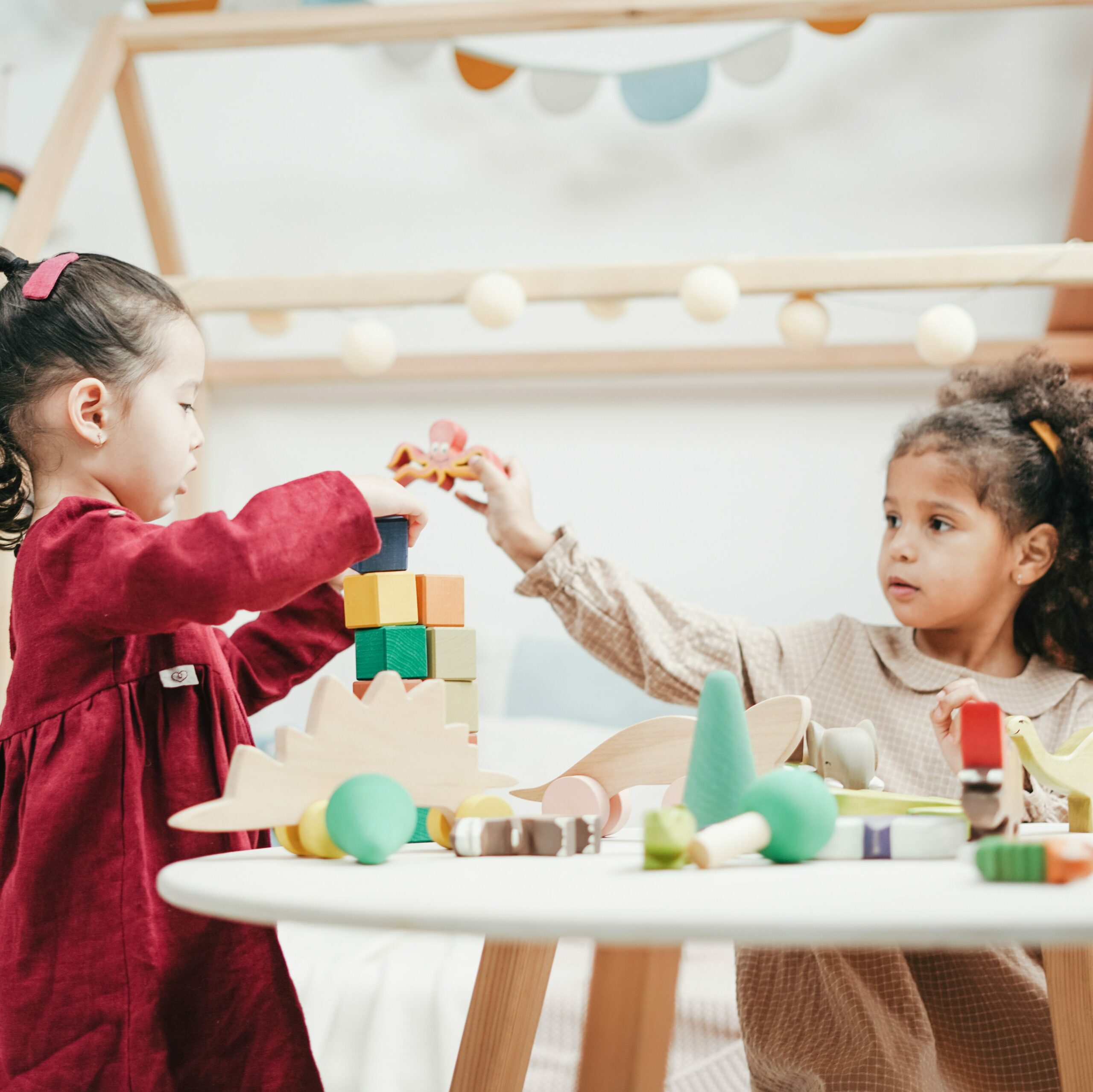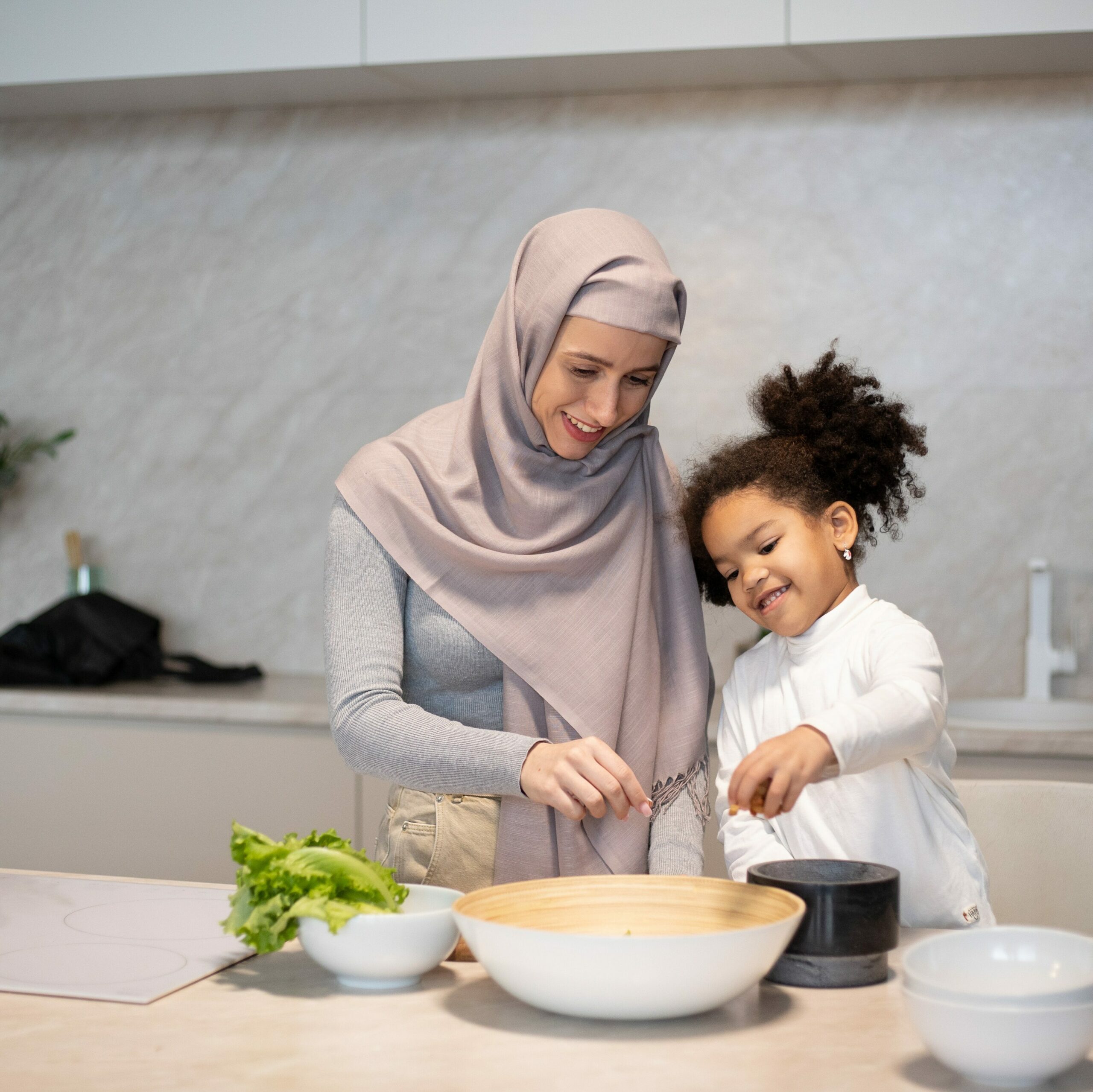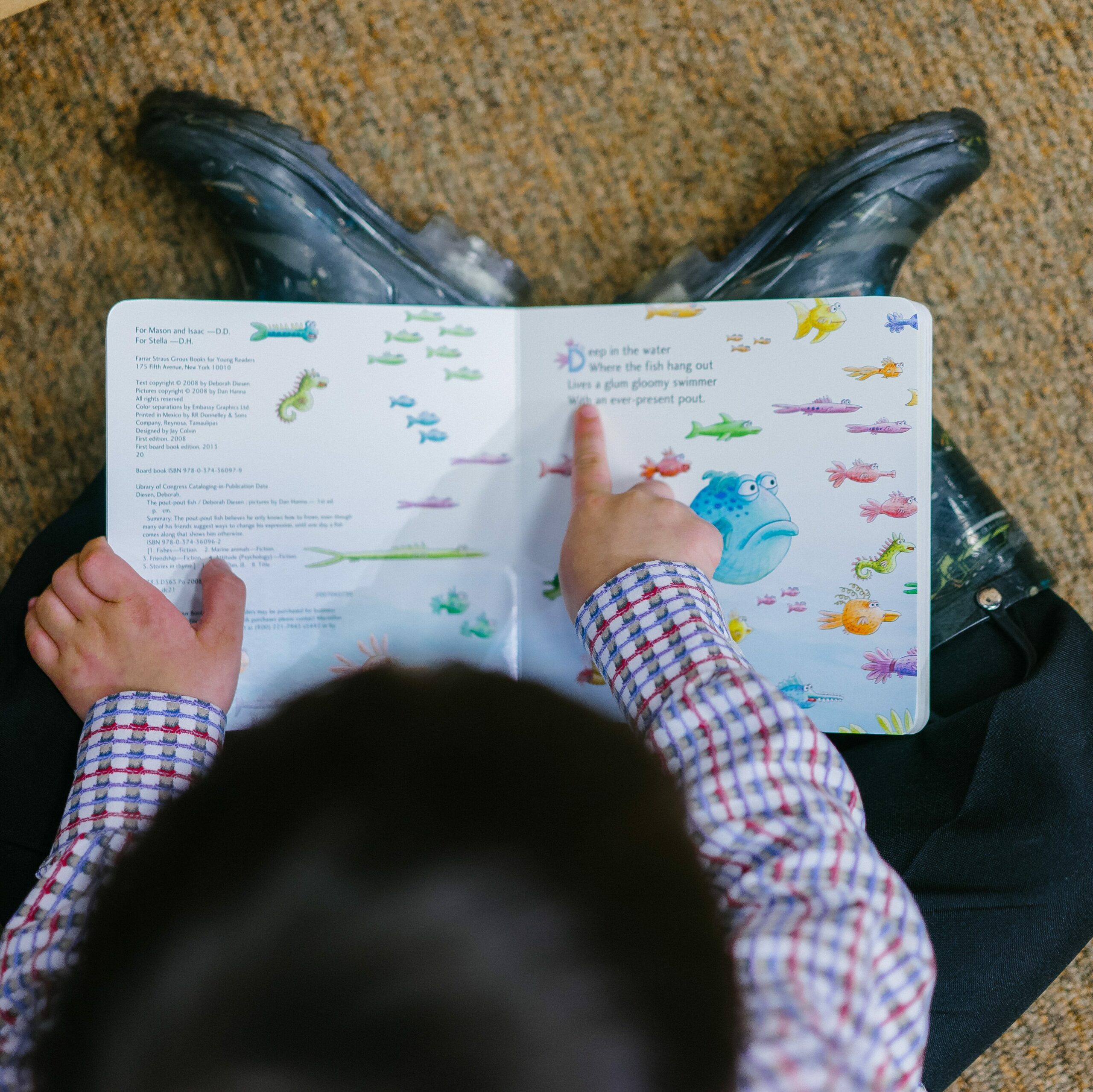Children’s Mental Health Week focuses on raising awareness of mental health within children and young people. This year the theme is Growing Together. With the upheaval in the world for the past year or so, it has been difficult to celebrate the small wins. We have been on edge, unable to plan and prepare, having to adjust to constantly evolving restrictions and learning how to create a safe space, where children can understand what is going on, whilst protecting their mental health.
2022’s theme of Growing Together is extremely relevant to what we have been through. Although it may seem as if it has all been a blur, time has passed rapidly since we first experienced the implications of COVID-19. However, as it surged, and dipped – the newborns, the mini-humans, the tweens and teens have been growing, blossoming and learning. They have been forced to evolve and adapt to the world around us; and it would be a heartbreaking to not be able to help them prosper in these uncertain times.
With this theme fresh in our minds, this Children’s Mental Health Week, we would like to look at the Growth Mindset, and at ways your child can develop one to enable them to flourish and succeed, every step of the way.
Exploring fixed and growth mindset
At some point in a child’s life you will find them quietly unravelling a whole roll of tissue, or smothered in a tub of Vaseline. Children are inquisitive by nature, and that is what helps them learn and grow. They will ask endless questions, touch things they aren’t supposed to and mimic your actions; this is how navigate their way through life.

There are some children, however, who are particularly inquisitive and willing to experiment and try all sorts of activities. They get stuck in, get involved with different games and toys, join in with peers and siblings, and just enjoy the ride. They may try to do things, fail and then try again. They aren’t put off when they don’t get it right the first time. This is a growth mindset.
Both adult and children can possess a growth mindset. Those with such a mindset believe that abilities, skill and intelligence can be developed through practice, effort, and determination. They believe in trying different strategies and learning from your mistakes. When a child has a growth mindset, they will be more motivated to succeed even if they fail in the process. If they make mistakes, or don’t get it right the first time, they are determined to overcome that setback and try harder. Although no one likes failure, those with a growth mindset aren’t put off when they stumble, rather they use those past mistakes to push further.

Children with a growth mindset are more likely to explore their abilities, are more motivated in school to succeed and engaged in their classrooms. This results in better grades and higher attainment.
By contrast, a fixed mindset is the believe that your intelligence and skill set cannot be altered. Those with a fixed mindset often see mistakes as a failure and are likely to be unwilling to try again. Children with a fixed mindset will limit their activities based on what they believe they are good at, they will avoid trying to new things in fear of failure, and try to limit risk. They are often worried about what people will say, and will try to prove themselves repeatedly.
Developing a growth mindset
The great news is a growth mindset isn’t dependent on your intelligence level or ability; rather it rests upon your belief in your own ability. It works on changing the way you think about mistakes, failure, and intelligence.
There are plenty of ways which you can help your child develop a growth mindset. With the aid of encouragement, language, praise and recognition, your child will be working towards a mindset that will increase their self-esteem, motivate them at school, and encourage them to try new things without the fear of failure.
It’s ok to fail – celebrate mistakes!
Everyone is fearful of trying new things because of failure. Even children hold this fear of mistakes, and this restricts them from branching out. They may avoid certain games, tasks, or experiences because of past mistakes. However, it is important to remind your child that it’s ok to get something wrong, and it’s ok to make mistakes. If anything, it’s great – as it means that you are challenging yourself; and challenges make your brain grow!

You can share your own thoughts and feelings on how you feel when you fail, and how you may have overcome that fear to succeed. Let them talk through their feelings of failure, and the fear of trying again, and then encourage them that their mistakes will inevitability lead to growth. The language you use and model is critical to help them normalise the concept of setbacks.
By modelling this for them, you can help your child see mistakes as opportunities to improve and learn. By asking questions, you can encourage them to reflect on why things did not work out or what they could have done to prevent it or improve in future. When things don’t go to plan, you can brainstorm together to problem solve for the future. Allow them to come up with their own solutions, rather than directing them.
To action this, think of an activity, sport or interest, that your child may want to do but has not done due to fear of failure, or fear of how they will look in front of their peers. Maybe set some time aside where you can encourage them to do it. Observe them as they feel nervous and at these times encourage them through the chosen activity. If they do fail, then celebrate those mistakes, and you will see the confidence that fills them when they know you are supporting them to try again.

Our faith itself constantly reminds us of the beauty and virtue of repentance; that if we did not sin, God would bring another creation into existence who would sin and repent. Through this invaluable cycle, we learn so much, reach greater heights, and are humbled in the process.
Your words matter – Be encouraging
Whether you have a two-year old or a 12-year old, words of praise are critical. When your child does something for the first time, they will call your name repeatedly to make sure you have seen them. It may be the tenth time, but you’re still forced to observe how they can balance a car on top of a cardboard box. But when you smile, nod, and applaud their skill, you will how their eyes widen and a smile is plastered over their young faces. They love to hear words of encouragement, and this doesn’t change as they get older.
Although your 8 or 9-year-old may seem to cool to be seen around you, they still benefit from your words of encouragement. However, how you praise them also has an impact. To develop their growth mindset, it’s important to use ‘process praise’. Process praise is when you would praise the process they have undertaken, rather than focusing on their natural ability. For example, if you say to a child, ‘You’ve done well today, you get better every single time you practice,’ the child will relate your praise to the effort they have made and work towards striving harder next time. If you use praise that relates to their natural ability, or something that they believe is innate, then they will relate their success to something that they cannot control, and they will find it difficult to deal with failure.

It’s important to watch your own reactions too, as if you overreact to their mistakes, it may deter them from trying in future, fearing your displeasure. It might that you need to work on your own mindset in order to support theirs.
Remind them to reflect
We often forget how much we struggled with a particular task or skill. May be we had been despairing and hopeless at the outset. It can really help if we remind our children of times that they struggled and how far they have come – in terms of all the skills they have developed with determination and practice.
This can reassure children that however hard it may seem, their efforts will pay off and will eventually lead to progress
Share stories of others
If your child is fond of a person, be it an athlete or author, then share their story of success with them. Usually it’s the case that successful individuals have had to overcome struggles, rejection, hardship to get to where they are; through hard work and determination, they succeeded. A great example is of J.K Rowling who wrote Harry Potter. She was rejected by 12 publishers before she found success.

By sharing these examples with our children, it allows to understand that through hard work and determination they can succeed. That it wasn’t just natural ability that got successful people to where they are today.. If many people whom they aspire to be like had given up at mistakes or failure, they wouldn’t have could be the person they are, doing what they love, and achieving their dreams.
You can share examples of the Prophet (saw), and his companions. the struggles that they went through, the hardship they faced to spread the truth, then the triumph and success they achieved.
Ultimately, success or failure, and ability are gifts (or tests) from God. This is a critical message to reiterate to a child and reminding them that whatever efforts they make, these are counted, recorded and multiplied – and that the outcome does not rely on them
Aim high!
Many people wrongly assume that if you lower your expectations, then children will be more likely to succeed and it will boost their sense of well-being. In reality, the opposite is true. By encouraging your child to take on more challenging or difficult tasks, you demonstrate your belief in their ability and your confidence in them, in turn breeds and boosts their own. It’s important however to focus more on the task of setting goals, than the specific goals itself.
Our faith teaches us to always aim for the highest levels, like the highest level of Paradise, Firdaws and to aim for excellence in all that we do. The important part is trying, and not being afraid of if we don’t succeed the first time.
Sow the seeds – reap the rewards
You’re not going to develop a growth mindset overnight; it takes time, determination and effort. Remember, if you keep going, you’ll keep growing! The important thing is not to give up. Even if you have managed to develop one, you’re not going to be in a growth mindset everyday of your life. We are human, and we can’t always remain positive about failure or mistakes.
Every thought you challenge that makes you want to give up, every time you try again, every time you praise your child, and encourage them to make mistakes is growth.
You’ve got this – it’s your time to grow.